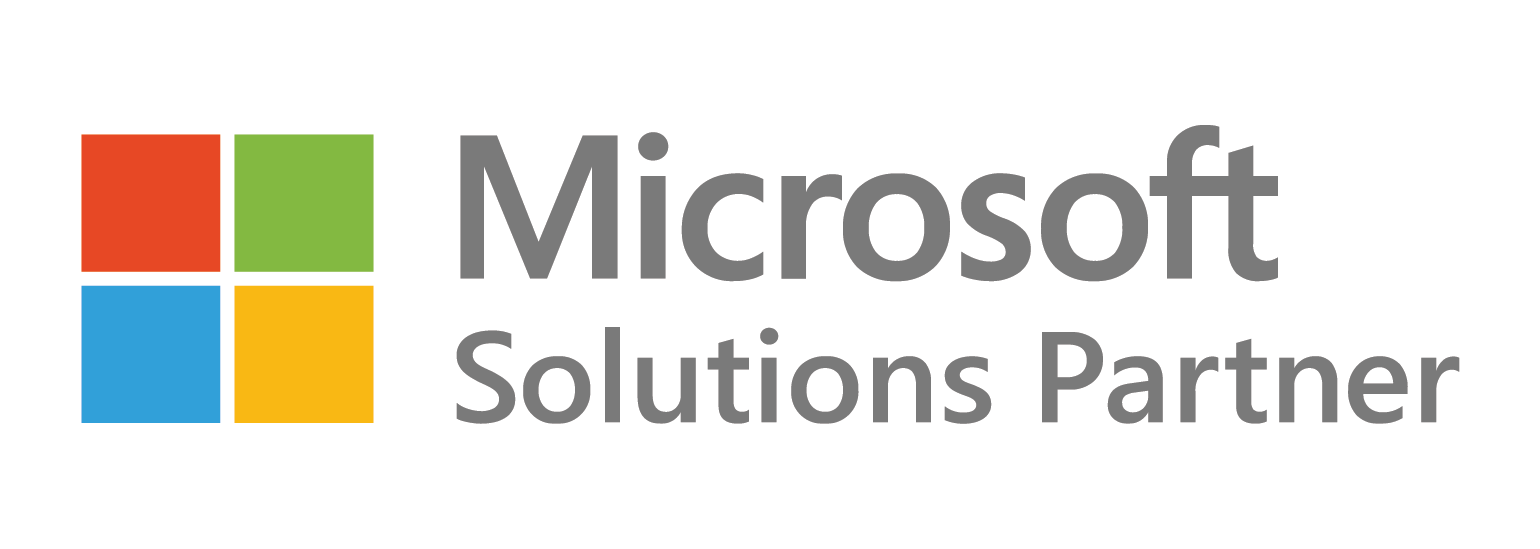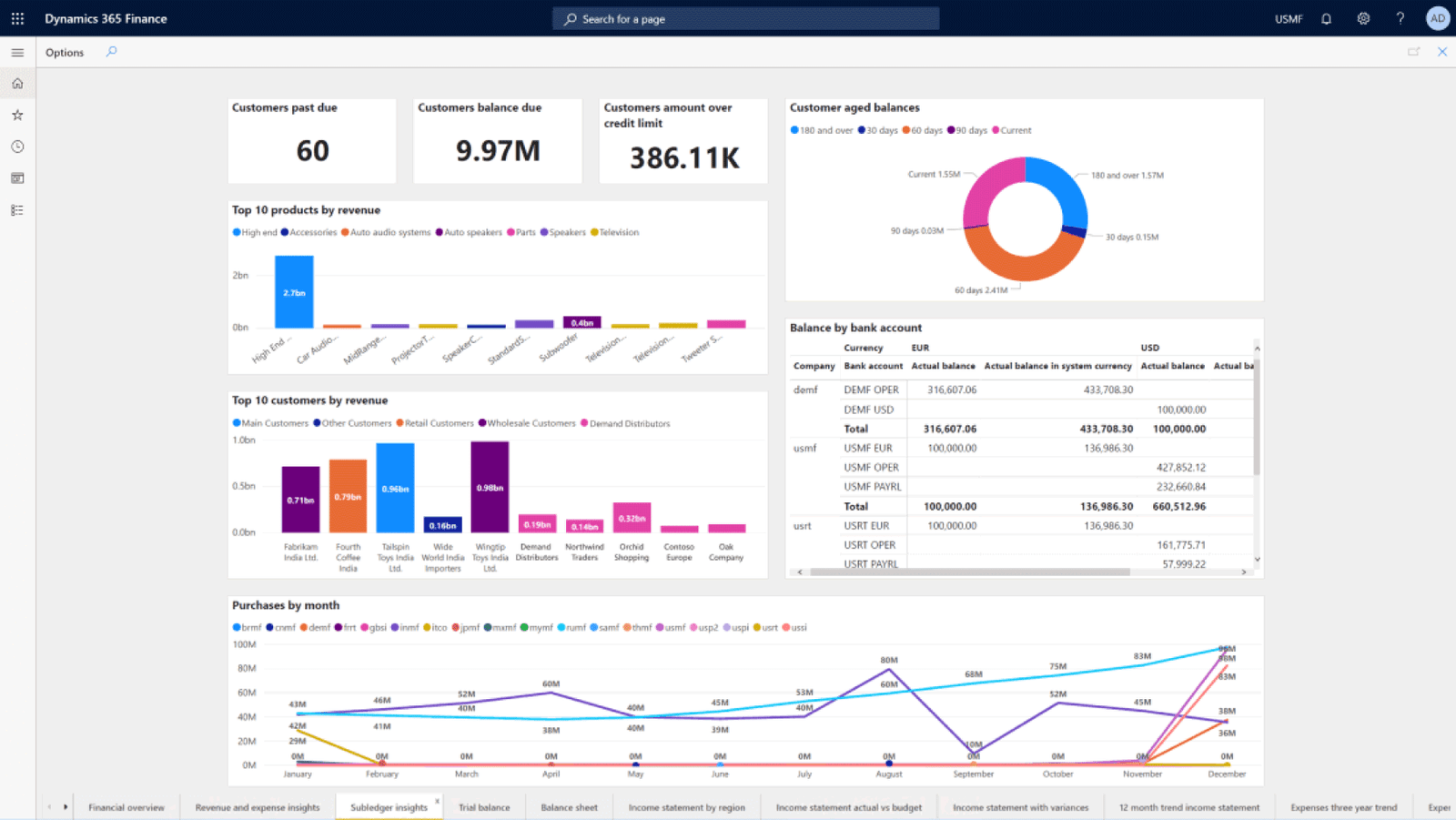What is an Enterprise Resource Planning System?

An enterprise resource planning (ERP) system is a type of software that helps businesses manage and automate their core business processes. These processes may include accounting, financial management, inventory management, procurement, human resources, customer relationship management, and more.
ERP systems provide a centralized database that stores all the data related to these business processes. This allows for easy access to information across different departments and functions within the organization. The system can also automate many of the tasks associated with these processes, such as generating invoices, creating financial reports, and managing inventory levels.
In addition to improving efficiency and productivity, ERP systems can also provide valuable insights into business operations through data analytics and reporting features. This can help businesses make more informed decisions, optimize processes, and identify areas for improvement.
7 advantages of an ERP system
There are several advantages of an ERP system, including:
1-Better inventory management
ERP systems can provide real-time visibility into inventory levels, helping businesses optimize inventory management and reduce the risk of stockouts or overstocking.
2-Improved efficiency and productivity
An ERP system can help automate many business processes, reducing the need for manual tasks and streamlining workflows. This can result in improved efficiency and productivity across the organization.
3-Better data management
ERP systems provide a centralized database that stores all business data in one place. This can make it easier to access and manage data, reducing errors and improving data accuracy.
4-Enhanced reporting and analytics
ERP systems can generate reports and provide valuable insights into business operations, allowing decision-makers to make informed decisions based on real-time data.
5-Improved collaboration and communication
ERP systems can help improve collaboration and communication across different departments and functions within an organization, as everyone has access to the same information.
6-Increased customer satisfaction
ERP systems can help businesses better manage customer relationships by providing tools for tracking customer interactions, managing orders, and providing timely and accurate information.
7-Cost savings
By automating processes, reducing errors, and improving efficiency, ERP systems can help businesses save money in the long run.
What are the disadvantages of an ERP system?
While there are many advantages to an ERP system, there are also some potential disadvantages to consider:
Cost
Implementing an ERP system can be expensive, both in terms of licensing fees and implementation costs. Small businesses may find the upfront costs prohibitive.
Complexity
ERP systems can be complex and require significant customization and configuration to meet the specific needs of a business. This can be time-consuming and may require specialized expertise.
Training
ERP systems can be difficult to learn, and employees may require extensive training to use the system effectively. This can be a significant cost and time commitment for businesses.
Customization
Customizing an ERP system to meet the specific needs of a business can be expensive and time-consuming. In some cases, it may not be possible to customize the system to meet all of a business’s requirements.
Integration
Integrating an ERP system with other software applications can be challenging and may require additional customization and development work.
Data security
ERP systems store sensitive business data, and a security breach can have serious consequences. It’s important to ensure that the system has appropriate security measures in place to protect data.
Maintenance
ERP systems require ongoing maintenance and updates to remain effective. This can be a significant cost and time commitment for businesses.
What are the top 5 ERP systems?
There are many ERP systems available on the market, but here are five of the most popular ones along with their pros and cons:
SAP ERP
SAP ERP is a widely used and respected ERP system that offers comprehensive functionality for a wide range of industries and business processes. It’s known for its scalability and ability to handle large volumes of data and complex business operations. However, it can be costly to implement and require specialized expertise to configure and customize. Additionally, some users have reported that it can be difficult to learn and use.
Pros:
- Widely used and respected in the industry, with a large user community and extensive support resources.
- Comprehensive functionality for a wide range of industries and business processes.
- Good scalability, with the ability to handle large volumes of data and complex business operations.
Cons:
- High cost, both in terms of licensing fees and implementation costs.
- Complex and requires specialized expertise to configure and customize.
- Can be difficult to learn and use, with a steep learning curve for new users.
Oracle ERP Cloud
Oracle ERP Cloud is a comprehensive ERP system that offers a wide range of functionality for different industries and business processes. It offers a cloud-based deployment option, which can be more cost-effective and easier to manage for some businesses. However, it can be complex and require specialized expertise to configure and customize. Additionally, some users have reported issues with performance and stability.
Pros:
- Comprehensive functionality for a wide range of business processes.
- Good scalability, with the ability to handle large volumes of data and complex business operations.
- Offers a cloud-based deployment option, which can be more cost-effective and easier to manage for some businesses.
Cons:
- High cost, especially for the on-premise deployment option.
- Can be complex and require specialized expertise to configure and customize.
- Some users have reported issues with performance and stability.
Microsoft Dynamics 365
Microsoft Dynamics 365 is an ERP system that offers good integration with other Microsoft products, such as Office 365 and Power BI. It offers a cloud-based deployment option, which can be more cost-effective and easier to manage for some businesses. However, it has limited functionality compared to some other ERP systems, and it can be difficult to customize and may require specialized expertise.
Pros:
- Good integration with other Microsoft products, such as Office 365 and Power BI.
- Good scalability, with the ability to handle large volumes of data and complex business operations.
- Offers a cloud-based deployment option, which can be more cost-effective and easier to manage for some businesses.
Cons:
- Limited functionality compared to some other ERP systems.
- Can be difficult to customize and may require specialized expertise.
- Some users have reported issues with performance and stability.
Odoo
Odoo is an open-source ERP system that is gaining popularity among businesses of all sizes.
Here are some of the pros and cons of Odoo:
Pros:
Open-source and free to use, which can be a cost-effective option for small businesses.
- Offers a wide range of functionality, including modules for accounting, inventory management, sales, purchasing, and more.
- Highly customizable, with a user-friendly interface that allows for easy configuration and customization.
- Offers a cloud-based deployment option, which can be more cost-effective and easier to manage for some businesses.
- Has a large and active user community that provides support and contributes to the development of the system.
Cons:
- While the base system is free, some modules and features may require additional payment.
- Implementation and customization can still be complex and require specialized expertise.
- Some users have reported issues with performance and stability, particularly with larger data sets.
Infor ERP
Infor ERP is an ERP system that specializes in specific industries, such as manufacturing, distribution, and healthcare. It offers a cloud-based deployment option, which can be more cost-effective and easier to manage for some businesses. However, it has limited functionality compared to some other ERP systems, and it can be complex and require specialized expertise to configure and customize.
Pros:
- Specializes in specific industries, such as manufacturing, distribution, and healthcare.
- Good scalability, with the ability to handle large volumes of data and complex business operations.
- Offers a cloud-based deployment option, which can be more cost-effective and easier to manage for some businesses.
Cons:
- Limited functionality compared to some other ERP systems.
- Can be complex and require specialized expertise to configure and customize.
- Some users have reported issues with performance and stability.
Why is Microsoft Dynamics the best ERP system?
Integration with other Microsoft products: Microsoft Dynamics integrates well with other Microsoft products, such as Office 365 and Power BI, which can help improve productivity and collaboration.
Comprehensive functionality: Microsoft Dynamics offers a wide range of functionality for different industries and business processes, including financial management, supply chain management, and human resources.
Good scalability: Microsoft Dynamics is known for its scalability and ability to handle large volumes of data and complex business operations.
Cloud-based deployment: Microsoft Dynamics offers a cloud-based deployment option, which can be more cost-effective and easier to manage for some businesses.
Support and resources: Microsoft offers extensive support and resources for Microsoft Dynamics, including documentation, training, and a user community.




